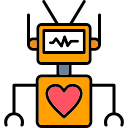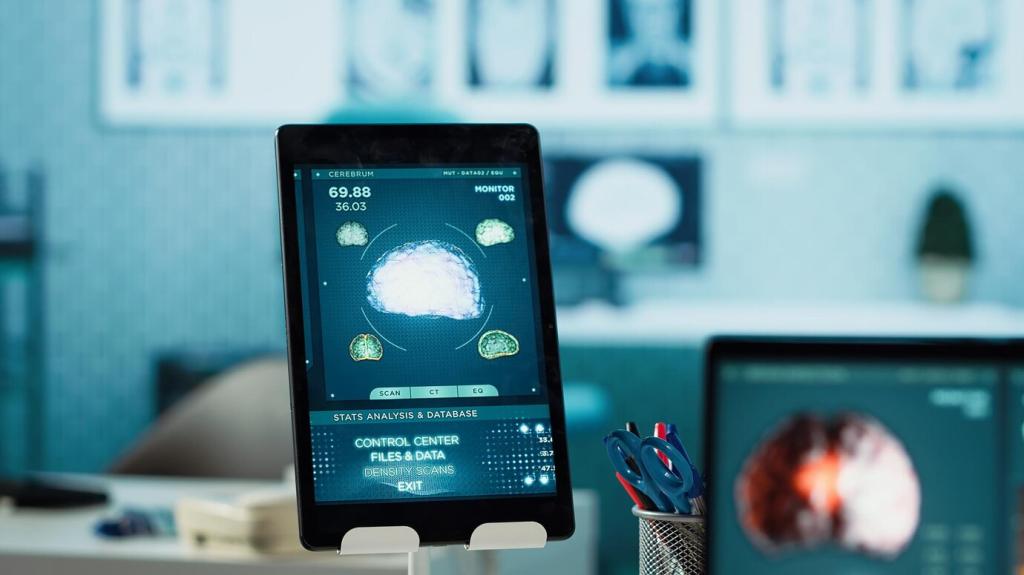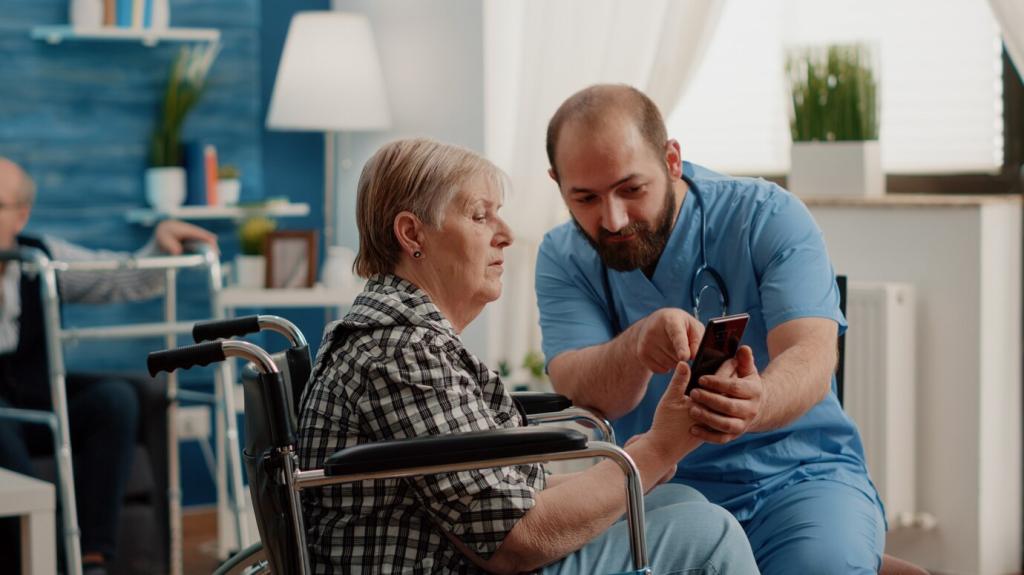Designing AI Seniors Can Trust
Great products are built beside the people they serve. Interviews at kitchen tables reveal real pain points: hard-to-press buttons, confusing jargon, or too many notifications. Share a photo-free description of your setup, and we will spotlight patterns that help others choose wisely.
Designing AI Seniors Can Trust
People trust technology that explains itself. Short, friendly reasons behind alerts and recommendations reduce anxiety. Calm defaults minimize noise while keeping important signals clear. What phrases feel reassuring rather than alarming when a system needs your attention late at night?
Designing AI Seniors Can Trust
Edge processing, strict permissions, and encryption protect sensitive moments at home. Features should default to minimal collection and transparent controls. Tell us which privacy toggles you would place up front, and how you want sharing preferences confirmed for peace of mind.









